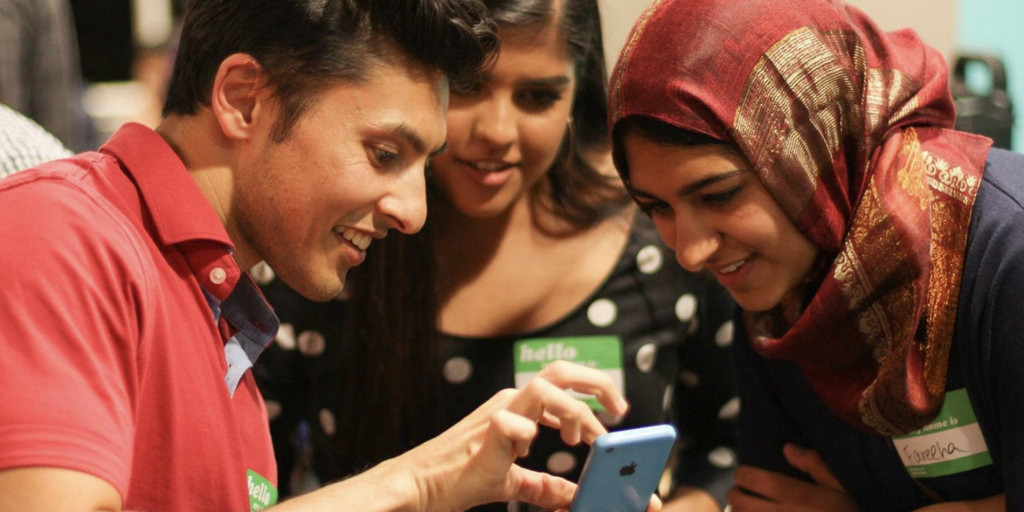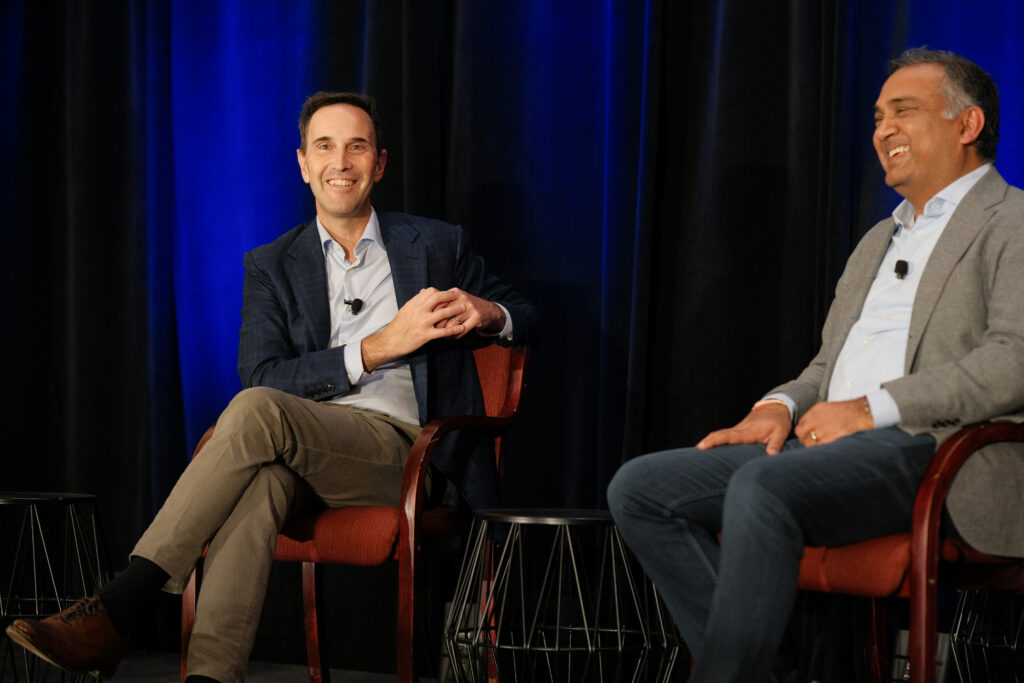Tamr is the Arabic word for date, a fruit Muslims traditionally use to begin or end their fasting during Ramadan.
It’s also a key component of a new Virtual Ramadan experience designed by Stanford’s Markaz Resource Center; the Muslim Student Union; and the Office for Religious and Spiritual Life.
Created in collaboration with Stanford’s Transforming Learning Accelerator (TLA), the Virtual Ramadan website is a gathering space for Stanford’s Muslim community during the month-long holy holiday. After adjusting on the fly to a pandemic-disrupted Ramadan in 2020, the goal was to more meaningfully recreate online Ramadan’s important themes, including spiritual reflection, community service, and togetherness.
“We were looking for something a little bit more intentional, inclusive, and accessible,” says Cassie Garcia, Markaz’ associate director.
The site—designed with student input—features a calendar where the participating organizations list their upcoming Ramadan-related events, a Slack group where people can connect for a pre- or post-fast meal together, daily Quran recitations, and TAMR—an Instagram account for sharing stories and art around food. (The letters TAMR stand for the “Tastes and Memories of Ramadan.”)
“When you’re enjoying a meal with someone, that almost immediately brings you into that moment,” Garcia says of TAMR, adding that the organizations wanted to evoke that “feeling of community and presence.”
Manar Barsi ’22, who works as communications manager for the Markaz and helped create Virtual Ramadan’s Slack channels, said TAMR has the “most potential” to reach Stanford students who miss gathering on the third floor of Old Union each night for iftar, the meal eaten after sunset during Ramadan.
“In thinking about the website, it was important to think about what Ramadan is usually like on campus,” she says.
One of the goals of Virtual Ramadan was to facilitate connections that might not happen in real life, and the organizers seem to have hit the mark: In one TAMR video, for instance, Aneeqa Abid ’22 filmed her professor Touria Boumehdi, a popular Arabic language instructor known for preparing food for her students, cooking harira, a Moroccan soup.
Keith Bowen, a lecturer and postdoctoral research fellow at Stanford Graduate School of Education (GSE), says the Virtual Ramadan project was a perfect fit for the Transforming Learning Accelerator, a Stanford-wide initiative that leverages data, technology, and knowledge about the learning process to improve education and education outcomes.
“We think about how digital technologies can be used to promote learning at its largest sense,” he says. “Learning at Stanford is about more than just attending classes. This richness of community is every bit as important.”



